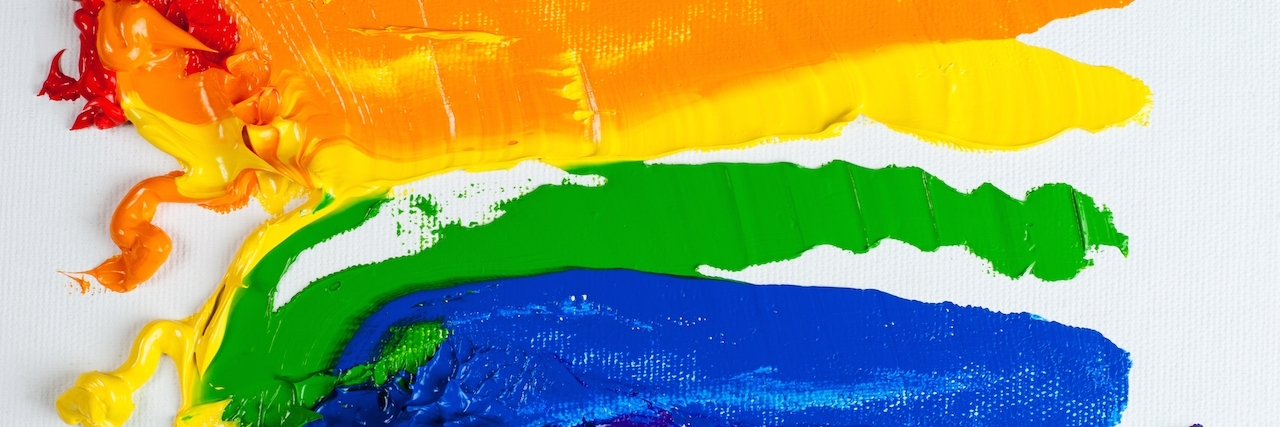Woman. Daughter. Wife. Sister. Student. Worker. American. Blogger. Advocate. Pagan. Millennial.
Look at all those labels. And all for just one person. Each one a reminder of my place, of the fact that I belong in a category. Each one fitting me neatly, each one coming with a list of things that are expected of me. Some require more than others, some come with some extra baggage that doesn’t quite meet my personal hopes. (I’m looking at you, little “millennial” label!)
Bipolar. Bisexual.
Uh-oh. It’s like trying to put a star in the circle hole. It seems like it’s “OK” if you’re one or the other, but be a part of too many minorities and suddenly it can feel like everyone has an issue with your existence.
I’ve “been” bipolar for the better part of a decade. The same, I suppose, could be said for being bisexual. I like to think I’m more of a sapiosexual, someone attracted to intelligence, but I love anyone who loves me — irrespective of gender. I got married comparatively young (I was 21) and up popped the naysayers: “If you were really bisexual, you wouldn’t have married hetero. You’d have married a woman,” and “You probably just said you were bisexual for attention. You’re either straight or gay. No in-between.”
That’s pretty close to the same thing people said to me when I was diagnosed with bipolar disorder. I got the usual “cry for attention” argument, the “making it up” comments and the “you need to just get over it” statements. It begins to feel pretty oppressive if you add both of those together, like no one wants to look at you like a complex person but a complex problem.
Looking back at my dating history, I realized a lot of the reasons I sabotaged my relationships had more to do with the way my disorder made me than who I was, or who I was with. I would start a relationship with someone in a manic state and the world would come crashing down as I slipped into depression. Each relationship came with the hope that whoever I was with — regardless of gender — would be able to help me when I couldn’t help myself. I married my husband because he was the one person who looked at me and saw more than a list of symptoms and problems. He saw me as a person worthy of love and respect. It didn’t matter what category I placed myself in (or how many), but that I chose to love him for him, and not for reasons my disorder placed at the top of the list.
No matter how I (or anyone, for that matter) live my life, I will always be met with criticisms. For me, choosing to go “off meds,” back to counseling, not have kids and more have all come with a slew of questions that came with good intentions, but were ultimately incredibly condescending and a little rude. As someone used to it by now, I just shrug it off with a respectful attempt to educate, but that doesn’t mean I don’t have anything heartfelt to say about it!
I watch the way the world seems to come at people who are different with fear and contempt. Being bipolar is hard for a plethora of reasons, but I’ve never felt scared of the way other people would view me. Being bisexual isn’t hard (unless you make it that way), but it’s definitely easy to feel judged or inferior with things like religious freedom laws and anti-LGBTQ protests. Being bi-squared (what I call myself for being both bi-polar and bi-sexual), puts me in an awkwardly precarious place because a lot of people just assume I’m “messed up in the head,” so my orientation is just the product of my brain being defective.
The thing is, I’m a human being — the same as you. And I wasn’t meant to fit neatly into a category, or even several of them. I’m pretty sure the only way to live life to the fullest is to just be myself — the messy, zany, passionate me that means I may fit into some categories neatly, some not so much and some not at all. When we learn to respect those categories, and even value someone for having the ability to embrace it, that’s what makes the metaphorical world go round.

